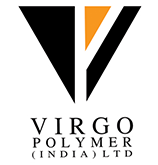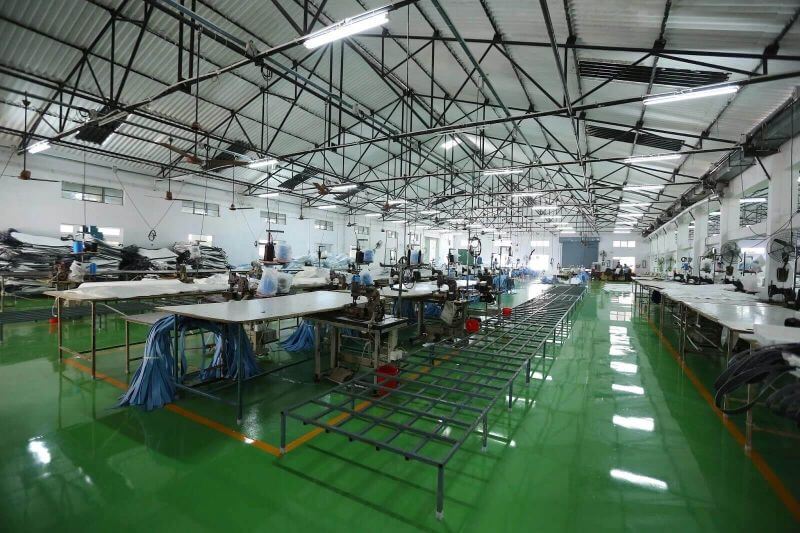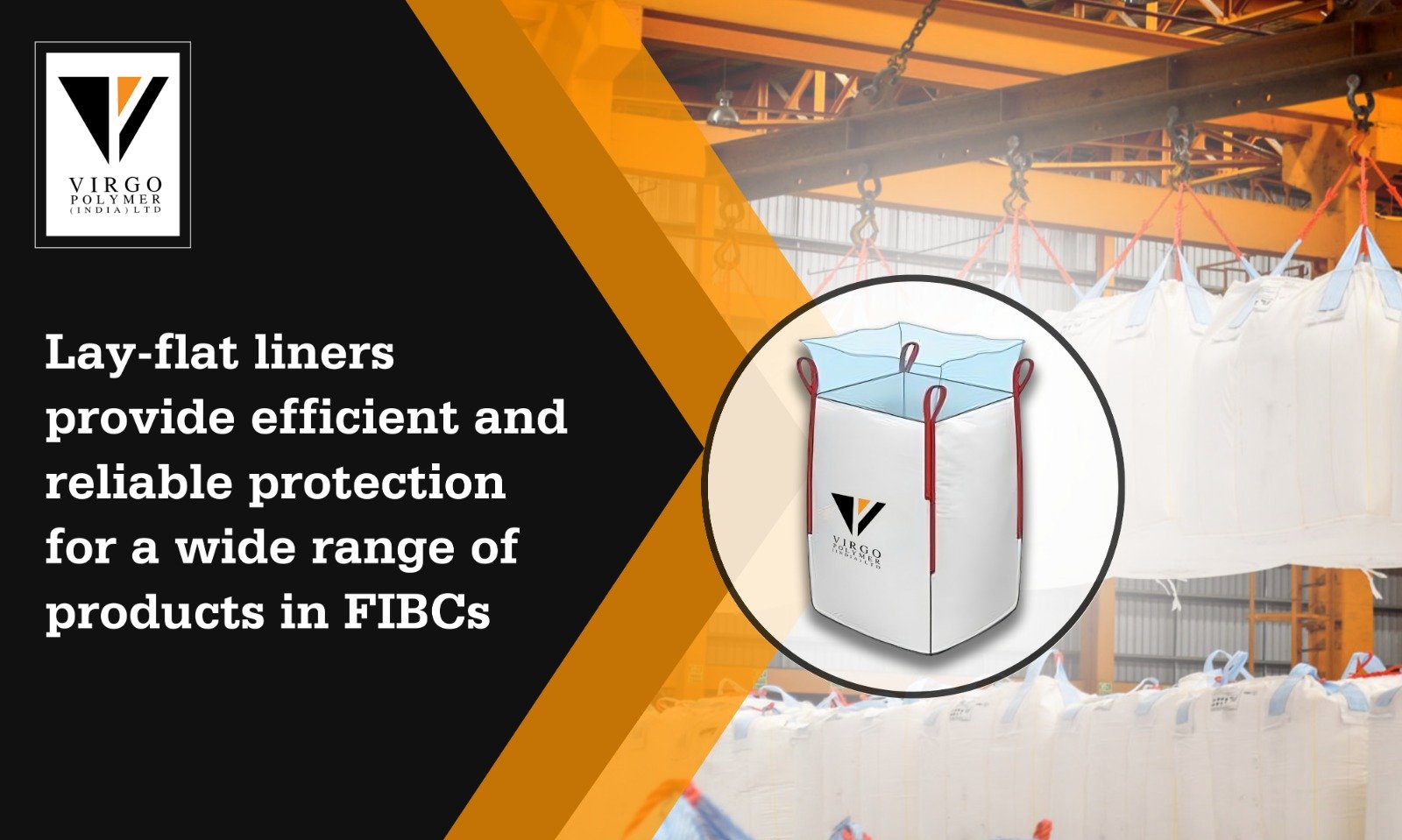



When it comes to liners in Big bags, lay-flat polyethylene liners have emerged as the most prevalent and versatile type of liners. Characterized by their cylindrical shape, open top, and often heat-sealed bottom, these liners play a critical role in safeguarding a wide range of products. Whether they come pre-inserted within bags or are purchased by the roll, lay-flat liners offer numerous advantages for diverse packaging needs.
In this article, we will explore the features that make lay-flat liners among the most popular choices across industries. From providing an effective oxygen and moisture barrier to exhibiting chemical resistance, anti-static properties, and high strength, lay-flat liners elevate packaging standards across various sectors. Let us explore the various advantages of lay-flat liners and their immense value in optimizing product protection and performance.
Lay-flat liners are cylindrical polyethylene liners that are commonly used in FIBCs. They are open at the top and often heat-sealed at the bottom, ensuring secure containment of the packaged product. The liners can either come pre-inserted into the bag or be purchased separately in rolls, allowing for greater flexibility in packaging operations.
Key Features of Lay-Flat Liners
Lay-flat liners offer several valuable features that make them suitable for a wide range of applications:
Oxygen Barrier: Lay-flat liners can be manufactured with an oxygen barrier, effectively preventing the ingress of oxygen into the bag. This feature is particularly beneficial for products that are sensitive to oxidation or require a controlled atmosphere to maintain freshness and quality.
Moisture Barrier: Protecting the contents from moisture is crucial for many products, especially those prone to degradation or spoilage. Lay-flat liners act as an effective barrier against moisture, preventing water vapor from seeping into the FIBC and ensuring the integrity of the packaged goods.
Chemical Resistance: Lay-flat liners are typically made from polyethylene, a material known for its excellent chemical resistance. This property allows the liners to withstand exposure to a wide range of chemicals, including acids, alkalis, solvents, and corrosive substances. As a result, the liners help safeguard the packaged products from potential chemical interactions or contamination.
Anti-Static Properties: Some lay-flat liners are engineered with anti-static properties, which reduce or eliminate the buildup of static electricity. This is especially important when handling materials that are susceptible to electrostatic discharge, such as powders or granular substances. By dissipating static charges, anti-static liners contribute to a safer working environment and mitigate the risk of ignition or damage to sensitive products.
High Strength: Lay-flat liners are designed to provide robust containment for bulk materials. They exhibit high strength and puncture resistance, ensuring that the liner can withstand the rigors of handling, transportation, and storage without compromising product integrity. This durability is crucial in maintaining the structural integrity of the FIBC and preventing leaks or spills.
The inclusion of lay-flat liners in FIBCs offers several notable advantages:
Contamination Prevention: Lay-flat liners create a physical barrier between the product and the inner walls of the FIBC, reducing the risk of contamination. This is particularly important when handling sensitive materials that require a pristine environment throughout their lifecycle.
Extended Product Shelf Life: By providing an oxygen and moisture barrier, lay-flat liners help extend the shelf life of perishable goods. This is especially relevant for products susceptible to spoilage, degradation, or loss of potency due to exposure to air or humidity.
Easy Discharge: Heat-sealed lay-flat liners are simple to use during product discharge. The heat seal at the bottom can be cut open, allowing for quick and efficient emptying of the FIBC without the need for additional handling equipment.
Versatility: Lay-flat liners can be customized to suit specific product requirements. Manufacturers can tailor the liners to accommodate different sizes, volumes, and materials, ensuring compatibility with various FIBC designs and applications.
Safety Enhancement: With their anti-static properties, lay-flat liners help minimize the risk of electrostatic discharge during filling and discharging operations. This reduces the potential for fires, explosions, or damage to sensitive materials, enhancing overall workplace safety.
Lay-flat liners play a vital role in optimizing the functionality and performance of FIBCs. These cylindrical polyethylene liners offer a range of benefits, including oxygen and moisture barrier properties, chemical resistance, anti-static capabilities, and high strength.
By incorporating lay-flat liners into FIBCs, businesses can enhance product protection, extend shelf life, prevent contamination, and ensure safe handling and transportation of bulk materials. Whether it is for construction materials, minerals, chemicals, or other products, the inclusion of lay-flat liners in FIBCs contributes to efficient and reliable packaging solutions.
Curious to learn more about FIBC liners?
look no further than Virgo!
At Virgo Polymers, we are experts in all things related to FIBC bags, from finding the ideal liner to exploring the best storage solutions and applications. As leading FIBC bag manufacturers, we provide an extensive range of FIBC bags designed for efficient material storage and transportation.
To discover more about our offerings, feel free to give us a call at +91 90030 48815 or reach out to us via email at info@virgopolymer.com.
